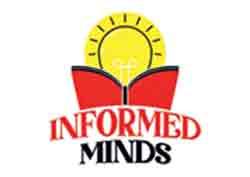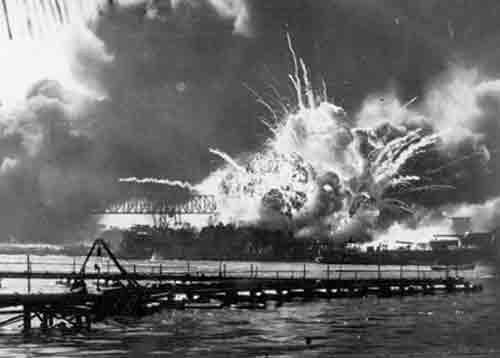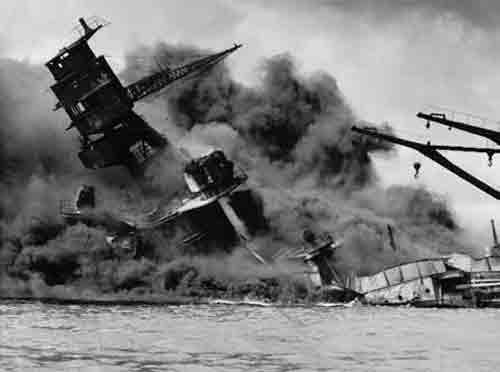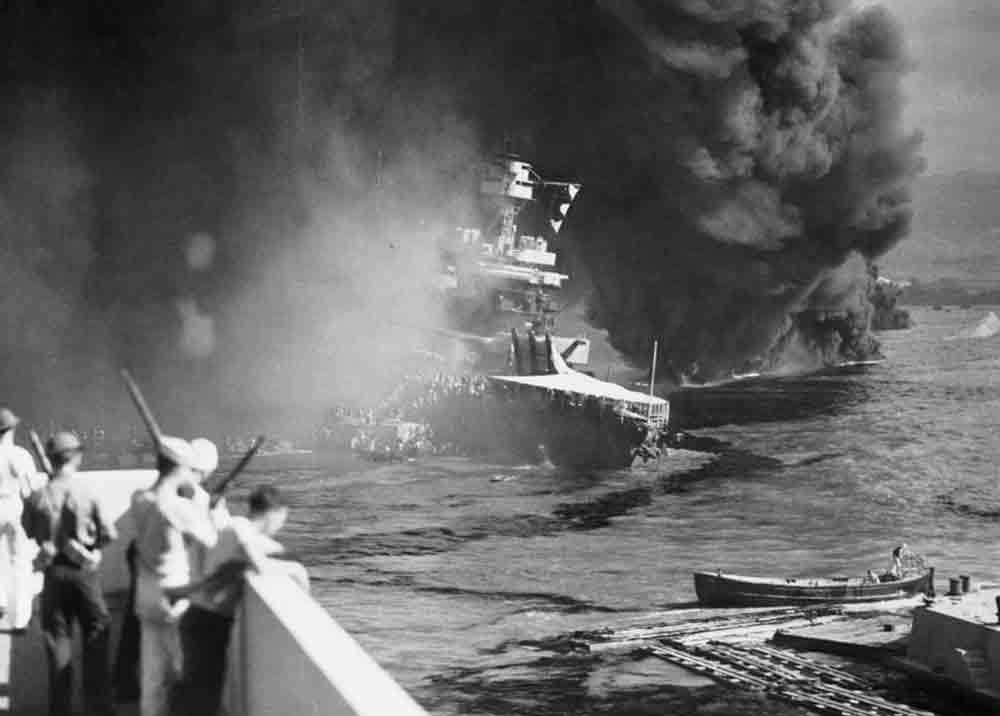
In history classrooms around the world, Pearl Harbour is taught as the defining moment that dragged the United States into World War II. The date, December 7, 1941, is etched into global consciousness, not just for the destruction it caused, but for the retaliation it provoked. But if we are to truly educate our young people about history, we must go beyond the timelines and textbook answers. We must dare to ask the uncomfortable questions. And one such question is this: was Pearl Harbour justified?
Unpacking the Past
 In contemporary society when children are named for places, numbers, and plants, Gen Zs are more likely than not, when asked about Pearl Harbour to come back with the question “Pearl Harbour? Who?” Post the eyerolls, let us be clear: Pearl Harbour was a military strike. It was brutal, yes. Unexpected, undoubtedly. But it was an attack on a naval base, not on civilians. Compare that to what followed four years later. The United States dropped atomic bombs on Hiroshima and Nagasaki, both cities which were populated by civilians, not soldiers. The generational damage caused by radiation, birth defects, disease, and displacement cannot be overstated, with the psychological and environmental wounds lasting well beyond the physical rebuilding of either city. Which brings us back to the original question: was the American retaliation proportional? Indeed, was it justifiable?
In contemporary society when children are named for places, numbers, and plants, Gen Zs are more likely than not, when asked about Pearl Harbour to come back with the question “Pearl Harbour? Who?” Post the eyerolls, let us be clear: Pearl Harbour was a military strike. It was brutal, yes. Unexpected, undoubtedly. But it was an attack on a naval base, not on civilians. Compare that to what followed four years later. The United States dropped atomic bombs on Hiroshima and Nagasaki, both cities which were populated by civilians, not soldiers. The generational damage caused by radiation, birth defects, disease, and displacement cannot be overstated, with the psychological and environmental wounds lasting well beyond the physical rebuilding of either city. Which brings us back to the original question: was the American retaliation proportional? Indeed, was it justifiable?
A Pattern of Self-Interest?
American foreign policy during the world wars followed a clear pattern. In both World War I and World War II, the US maintained a policy of non-involvement until directly attacked. It was the sinking of the Lusitania in 1915, and later the Zimmermann Telegram, that shifted public sentiment in World War I. Likewise, it was only after Pearl Harbour that the US declared war on Japan and, by extension, joined the broader Allied effort. Until then, American intervention was tepid at best, cloaked in isolationist rhetoric and economic caution. Was this restraint noble neutrality? Or was it indifference cloaked in distance? Is it selfish to stay silent while others are suffering, only to act once your own interests are threatened? These are questions that our textbooks rarely encourage students to ask.
Yet they are central to developing a true understanding of international conflict and a related understanding of peace building which goes beyond winners and losers.

The Selective Morality of Intervention
Fast forward a few decades, and the US narrative becomes more complicated. The invasion of Iraq under the guise of locating Weapons of Mass Destruction (which were never found, by the way!) was hailed in some quarters as a necessary measure for global security. But who decided it was necessary? And on what basis? Fast forward to the bombings in Afghanistan and the so-called “surgical strikes” in Iran; the relentless drone warfare justified in the name of freedom. Each of these, in hindsight, raises the same question: when the United States chooses to intervene in the affairs of other nations, whose freedom are they really fighting for? Too often, we glorify American action without interrogating American intent. Oil, power, strategic control – none of these are conspiracy theories. They are very real undercurrents in modern warfare. Yet we teach our students to see America as the hero of every conflict, and supposedly the moral compass of a chaotic world. Why? Why is the bombing of Pearl Harbour universally condemned (and rightly so!), but the atomic bombing of civilians considered a tragic necessity? Why are countries like Iraq or Iran demonised for resisting American interests, while US invasions are packaged as peacekeeping?
In contemporary society when children are named for places, numbers, and plants, Gen Zs are more likely than not, when asked about Pearl Harbour to come back with the question “Pearl Harbour? Who?” Post the eyerolls, let us be clear: Pearl Harbour was a military strike
History as Education, Not Propaganda
This article is not about denying the horrors of Pearl Harbour. But it is about acknowledging that the horrors did not end there; rather, they were arguably amplified in the name of retribution. This is not an anti-American sentiment. It is a call for critical thinking. A call to question the way history is framed. and by whom. If history is to serve as education, it must do more than celebrate victories. It must interrogate motives. It must examine consequences. And most importantly, it must make space for multiple perspectives. Students deserve to know not just what happened, but why it happened. Who benefited? Who paid the price? And who wrote the version of events they are reading today.

In fact, let us forget about the US for just one moment, and focus on the 30-year-long civil war in our own nation. Why did it happen? What were the policies and manipulative moves that created an atmosphere of distrust that escalated into full-scale conflict? How did a nation that once prided itself on being a model of post-colonial democracy become a theatre of prolonged violence, displacement, and grief? Were language policies truly about national identity, or were they tools of exclusion? Were quotas in education meant to level the playing field or tilt it further? Who benefited from the polarisation? Who fuelled it? And more importantly, who paid the price?
Education must move beyond memorising dates and drawing battle maps. It must nurture the ability to ask: was this right? Was this necessary? Was this fair? Because the goal of history education is not to raise loyalists. It is to raise thinkers. And thinkers do not blindly accept what they are told. They analyse. They reflect. They empathise.
Beyond Justification, Toward Understanding
So, was Pearl Harbour justified? That is, in actual fact, the wrong question. The right question is: how do we, as a society, evaluate justice in war? Is it based on who wins? Who suffers least? Or who controls the narrative afterward? And more urgently, what are we teaching our children, not just about Pearl Harbour, or Hiroshima, or Iraq, but about conflict itself? If we teach them only who was right and who was wrong, we raise generations who see war as a scoreboard. But if we teach them to understand conflict, from its causes to its costs and contradictions, we raise citizens who will think twice before repeating the mistakes of the past. That, ultimately, is the role of education. Not to choose sides. But to illuminate the space in between.

“A generation which ignores history has no past – and no future.”
Robert A Heinlein
..











